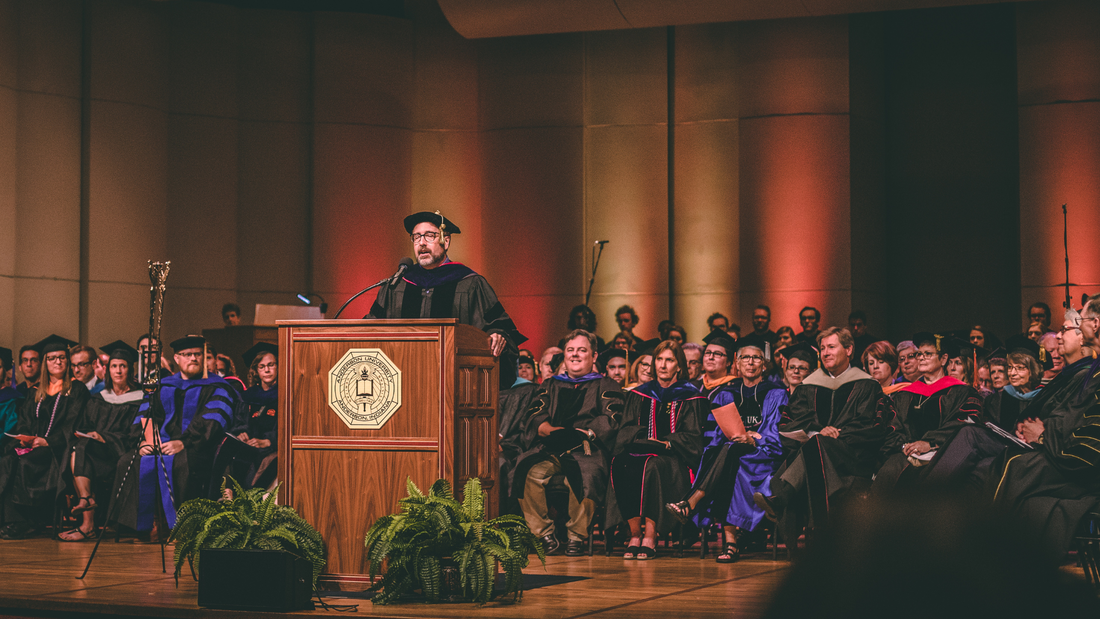|
The Foundation for Individual Rights and Expression (FIRE), in conjunction with College Pulse, published its fourth annual survey on free speech at colleges and universities around the country. The survey included over 55,000 students from 254 institutions.
Bottom line: No school on the list earned an “Exceptional” or “Very Good” rating. The best earned a “Good” speech climate rating. The top five universities in the country for their speech climates were Michigan Technological University, Auburn University, the University of New Hampshire, Oregon State University, and Florida State University. At the bottom of the pack is Harvard University, followed distantly by the University of Pennsylvania, the University of South Carolina, Georgetown University, and Fordham University. The University of Chicago, which previously held the top spot in 2020 and 2023, slid in the rankings this year, but this was mostly driven by the inclusion of considerably more schools. In fact, this year’s survey is the largest ever conducted by FIRE and College Pulse, up from just 54 institutions in 2020. Other universities that consistently rank highly include George Mason University, Purdue University, the University of Virginia, and Texas A&M University. Just because a school scores highly, though, doesn’t mean that students necessarily feel safe. When asked whether they self-censor often, 18% of students at the top five schools for freedom of speech reported that they do, whereas 20% of students at the bottom five schools said the same. Fifty-four percent of students at the top five schools reported worrying about damaging their reputation because of someone misunderstanding what they have done or said, whereas 57% of students at the bottom five schools reported the same. Overall, the average score on “Comfort Expressing Ideas” at the top five schools did not differ significantly from that of the bottom five schools. Far from being safe to express one’s beliefs at the top five schools, students at these institutions may only experience a moderately less hostile environment. This insight underscores how much work still needs to be done to make even the most tolerant American universities safe for academic freedom. Other facts from the report stand out. Students at the bottom five institutions were more biased against politically diverse speakers and were more accepting of disruptive or violent protests to stop a campus speech. Consequently, deplatforming speakers at these institutions was successful 81% of the time. More students this year (45%) compared to last year (37%) reported that blocking other students from attending a speech is acceptable to some degree. While opposition to a controversial conservative speaker appearing on campus was considerably higher (57% to 72%, depending on the speaker) than a controversial liberal speaker, controversial liberal speakers were still opposed by anywhere between 29% to 43% of the student body. Hostility to a speaker of a particular political persuasion may be more akin to a numbers game, rather than the domain of one particular ideology. For example, in 2021 at Florida State University, Dr. Meghan Martinez’s class “The History of Karen: Weaponizing White Womanhood,” the title of which leaves nothing to the political imagination, received significant backlash, causing the class to be removed from the course catalog. The report contains many more fascinating insights into the state of free speech across America’s institutions of higher learning. Protect The 1st congratulates FIRE and College Pulse for another informative and thoughtful list. Comments are closed.
|
Archives
June 2024
Categories
All
|
ABOUT |
ISSUES |
TAKE ACTION |



 RSS Feed
RSS Feed